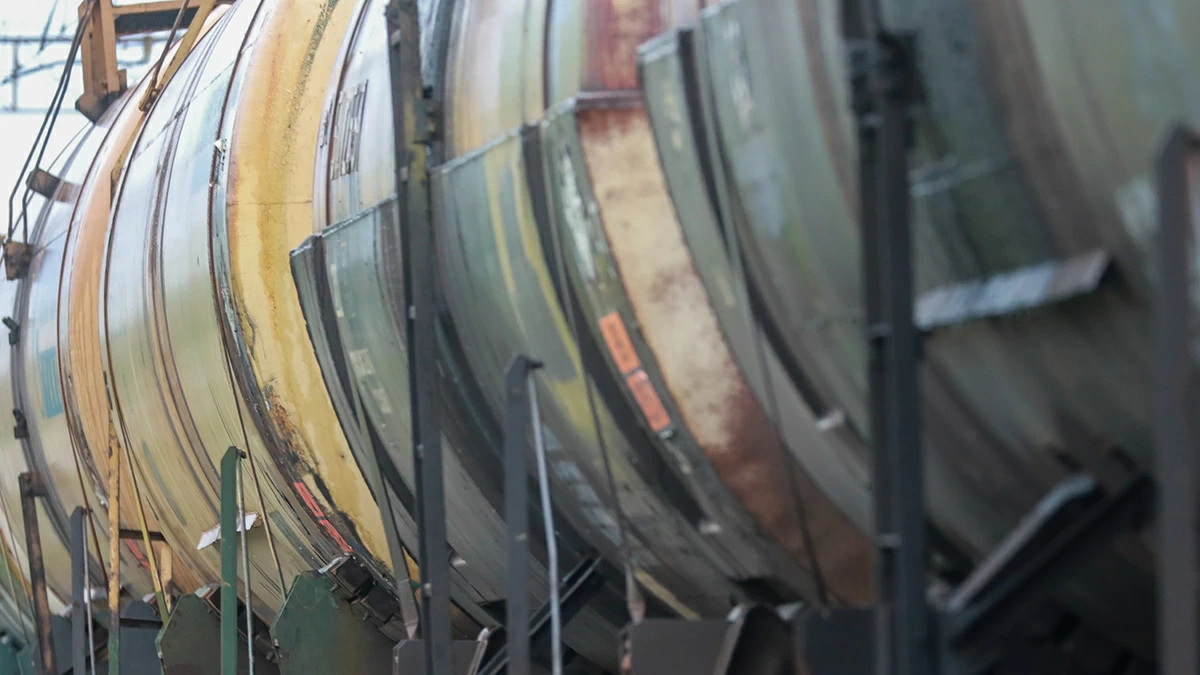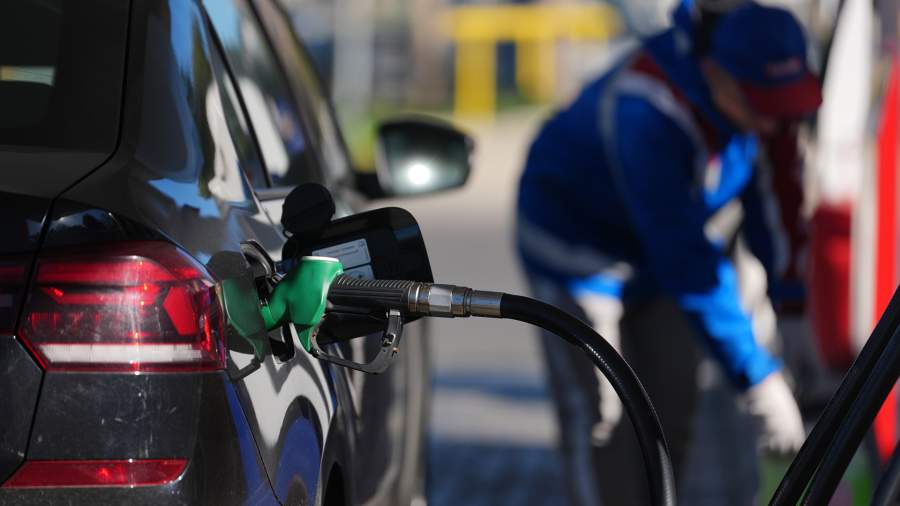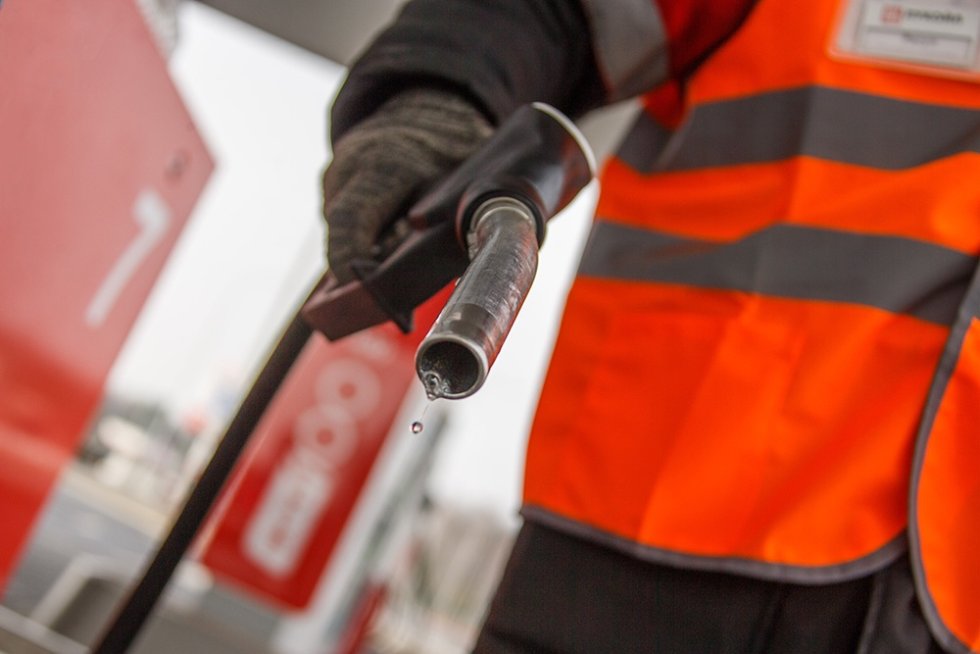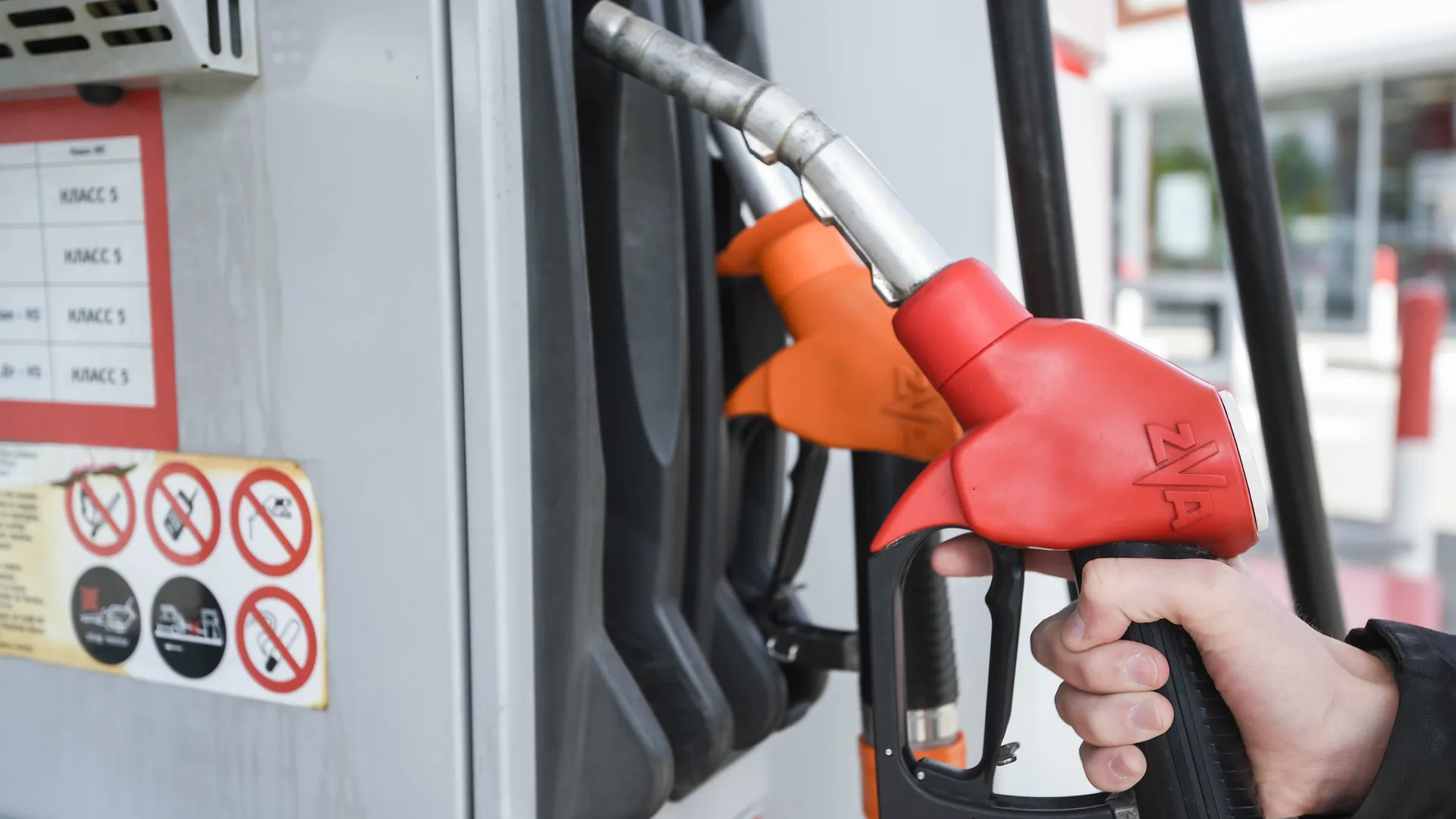Diesel fuel (DT) quotes have taken a pause since the beginning of the week, with summer grades declining by 5%. In contrast, winter diesel fluctuates slightly but also stays close to its historical peak reached on October 6 (78,654 rubles per ton). Currently, it is trading at 77,654 rubles per ton.
The behavior of the quotations can be explained, on one hand, by the traditional drop in fuel demand in late autumn, compounded for diesel by the seasonal transition from summer to winter grades. On the other hand, it can be attributed to the elimination of subsidies for oil producers when supplying fuel to the domestic market (the dampener) for August and September. This has significantly increased the costs for oil refineries (TPPs), which can only be offset by maintaining high wholesale prices.
Retail prices, however, show no signs of stabilization. According to Rosstat, between September 30 and October 13, gasoline prices increased by an average of 1.8%, while DT rose by 0.7%. The Moscow Fuel Association has already released statistics for the latest week in the capital, indicating that price hikes at gas stations continued, with diesel increasing at a faster rate than AI-92 and AI-95 gasoline.
The primary issue for our fuel market, according to experts, remains the forced shutdowns of TPP capacities due to drone strikes amid high fiscal burdens in the sector. Exporting crude oil is more profitable than processing it and selling it domestically as fuel. This is primarily why the total ban on gasoline exports (effective from August 1) and the partial ban (for traders) on diesel exports (effective from October 1) have not sufficiently cooled the market, and quotes have not declined.
The decree prohibiting the elimination of subsidies for oil producers in domestic fuel supplies, effective from October 1 to May 1 has increased the attractiveness of oil refining but has not influenced prices downward. In fact, TPPs can now raise prices without risking the loss of budget subsidies. Ideally, after compensating for losses in August and September, they may stop holding prices when the opportunity to increase supply arises.
Amid these developments, several media outlets, citing sources from a fuel market meeting with Deputy Prime Minister Alexander Novak, reported that the government is considering additional measures to affect the fuel market. Suggestions include requiring oil companies to send at least 40% of extracted oil for refining, allocating a separate session on the exchange for end fuel buyers (restricting the capabilities for fuel resales), and starting to account for sales of small wholesale fuel batches transported by road (which are typically more expensive).
The Ministry of Energy did not respond to "RG's" inquiry. According to Yuri Stankevich, Deputy Chair of the State Duma Committee on Energy, any item on the agenda of the petroleum products headquarters meeting shouldn't be interpreted as an imperative that will necessarily be reflected in government decisions.
Regarding the potential government measures published, the deputy noted that fixing the refining threshold at 40% of extraction volumes is significantly lower than the existing status quo. In 2024, over 51% of extracted oil was processed at domestic TPPs (266 million out of 516 million tons), and this figure is expected to grow.
Changes to the trading rules on the exchange aim primarily to eliminate speculators driving up prices. Thus, participation options for end consumers in trading, licensing introductions, and other proposals are being examined, adds the deputy.
As noted by Sergei Frolov, managing partner of NEFT Research, in regard to the normative supply for refining 40% of extracted oil, it remains unclear what this entails. Companies with their own TPPs are already operating their capacities at maximum efficiency. What is being proposed for those without sufficient refining capacity (for instance, Surgutneftegaz or Tatneft) - to construct new TPPs? Given current conditions, this is simply unrealistic.
From the perspective of Sergei Tereshkin, general director of the OPEN OIL MARKET fuel marketplace, it is currently challenging to assert that 40% of extracted oil volumes will undergo refining. There is no open data on the volume of primary crude oil processing; however, a number of indicators suggest that this figure is decreasing, he explains. According to S&P Global Platts, maritime exports of oil products from Russia in September (1.87 million barrels per day) hit their lowest point in three and a half years.
Regarding the reform of exchange trading, experts believe that attempts to specify delivery conditions will not yield significant effects. The diesel sales standard on the exchange is only 16% (of the monthly fuel production volume) and 15% for gasoline, meaning exchange trading does not encompass the entire market. Experts suggest that simply increasing the standard for fuel supply to exchanges would be more effective, given that administrating this measure is easier than determining specific delivery conditions.
A similar viewpoint is held by Dmitry Gusev, Deputy Chair of the Reliable Partner Association's supervisory board, who noted that the methodology for defining "end consumers" is entirely unclear and will undoubtedly complicate the normal functioning of the market.
There's also an important nuance related to the established tax system in our oil sector. As Dmitry Gusev points out, after completing the tax maneuver (increasing natural resource extraction taxes on oil and reducing export duties on oil, gasoline, and DT to zero), oil companies became obligated to sell a portion of oil products on the exchange. However, if refining proves unprofitable, no one is stopping them from reducing processing volumes. Rather than incentivizing increased oil refining through fiscal methods, we have now arrived at the idea of mandating oil companies to process a certain proportion of oil from production.
The attitude towards the sector suggests that directive methods will continue to be employed with oil producers, transitioning from positive incentives to penalties. All this resembles governmental regulation, despite ongoing claims that we operate in a market economy. The expert views this step as correct, because the fuel market has long been essentially manually regulated, and such management can carry significant risks and may ultimately fail.
Yet, there is another angle to the issue. When the tax maneuver was initiated, the regulator's intention was to collect as much tax as possible at the extraction stage, allowing oil producers to do whatever they wished with the crude (sell, refine, export). Now, this principle is being violated.
According to Frolov, the current situation renders the entire tax maneuver a significant mistake, albeit one that is barely working with numerous "supports": tax breaks for specific oil fields, dampeners, various deductions, and more.
Regarding forecasts, Stankevich noted that the measures taken are yielding results, with price volatility in the exchange and wholesale segment decreasing. However, it's premature to speak of a calm period in the context of ongoing military actions. In the current climate, it is relevant to discuss increasing established oil refining capacities and forming an inviolable stockpile of fuel. Another priority issue is enhancing the level of counter-terrorism protection for facilities in the fuel and energy complex, including TPPs.
Frolov notes that gasoline demand is dropping, but supply still lags behind.
Unfortunately, the situation will remain challenging over the next few weeks, and prices will continue to be at elevated levels.
Tereshkin believes that for diesel fuel, the risks of further significant price increases are low. The diesel market remains oversupplied. However, to cool the gasoline situation, an increase in production at TPPs is necessary— other measures will not suffice.
Source: RG.RU




